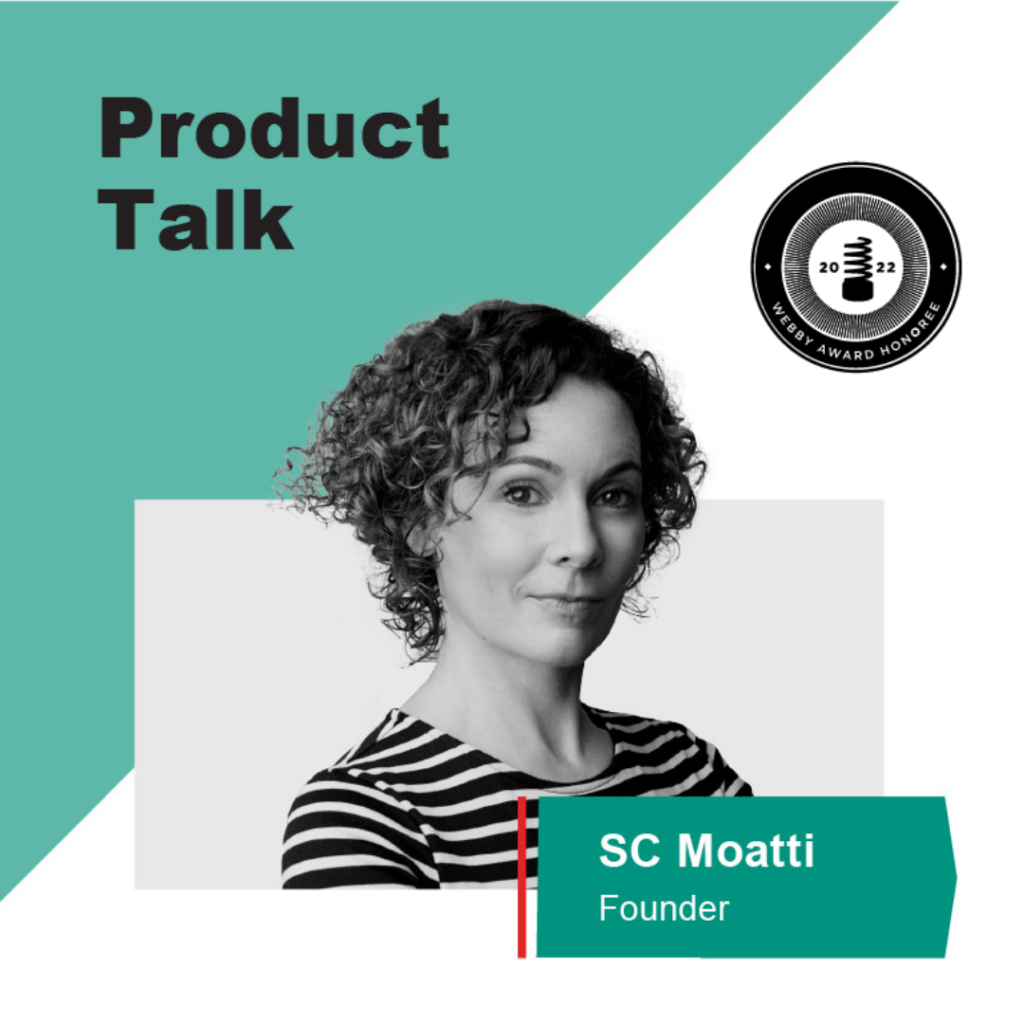Do your products make a difference in people’s lives?
This is episode 11 in the CPO Rising Series. Here, SoFi Chief Product Officer Assaf Ronen talks about leading product at the San Francisco-based financial services company. In particular he talks about building what he calls “the AWS of banking,” the importance of thought diversity on product teams, and why he is passionate about building products that make a difference.
Subscribe to the Product Talk podcast on Spotify and Apple Podcasts and never miss a single conversation with leading product executives. New episodes go live every week. Episodes in the CPO Rising Series drop on Fridays.

On building the AWS of banking
“I joined [SoFi] a little bit less than four years ago. And in that period, we moved from a low tech, paper based lender, to a FinTech that has all the products that people will need them in their banking, you know, checking and savings and investment and, and even lending now is AI based, and takes tons of data, and AI based suggestion and helpers and, and insurance and all kinds of things that people need their their life.
“And to be honest, I’m not happy with where we are. But we’re lightyears ahead of everybody else. In this process, we identified that the industry is so backwards, that just like the large tech companies, we can also build a tech platform. We called it the AWS of banking, which basically allows FinTech companies to build banks or to build financial services 10x faster. I’m not gonna name names, but most of the large fintechs that you would know about, are using our Galileo platform to do that. So that has been an amazing journey. I love what we do in SoFi. I love being a product leader. And it’s just fun. I would do that for free. Don’t tell [SoFi CEO] Anthony [Noto] that!”
On making a difference with product
“The most important thing is how [a product] changes our society, our reality, how people are experiencing their lives. And in my mind, for example, the reason to go to Alexa from communications, was because I felt that this could be something different. That could do something that nobody did before.
“And when it came to banking, let’s be honest, we all hate our banks. And money is so important for folks. … You would be amazed at how much this impacts people’s lives. People get married or not, because of their finances. People decide what to do, where to live, how many kids to have.
“So the opportunity to go and say, Hey, we can change that industry. And just like retail was disrupted. Just like education is being disrupted. Just like this type of communication that didn’t used to exist, and used to be only person to person was disrupted. We can do that to finances.
“So what drove me to take this and draw me to take any position is when I thought that I can make a difference. When I thought that my passion and beliefs are aligned with that role. And when I thought that people will benefit, if we will be successful.”
On diversity of opinions on product teams
“At the end of the day, if you build the right culture in the team, and in a company, you can do a lot of things. We will talk about vision and strategy. But building the right culture ends up being a key success factor to execution. So when I’m thinking about culture, it starts with psychological safety, more than anything else. Because I always want to build a diverse team of folks that do not necessarily think the same way that I do. And for them to feel that I have their backs and they can say whatever they want. It doesn’t mean that we need to agree, but we need to decide. And it’s okay to make mistakes. And it’s okay to disagree.
“So in every team that I built, I tried to gather folks that do not necessarily think the same way that I do, and create that psychological safety. It’s interesting when you think about transforming a financial company. The basic of psychological safety, for example, is willingness to challenge and willingness to make mistakes. In the old school banking industry, this is not something that is very common. Celebrating failures as successes in order to learn. Walking the walk and being open. Until people understand that, yes, it’s okay to disagree. It’s okay to have different opinions. [That] was critical.
“When we built SoFi 2.0, we also injected a lot of talent from technology companies. But from a culture perspective, a willingness to talk about what’s broken, not only what is successful. A willingness to accept failures as things that you learn from. And for people to know that you have their backs, and they’re always going to be safe. This is where it started. It doesn’t replace the need for processes and grit and building etc. But from a culture perspective, if your team feels that they can speak their minds. They’re allowed to make mistakes. You’re gonna have their backs. That goes a long way.”